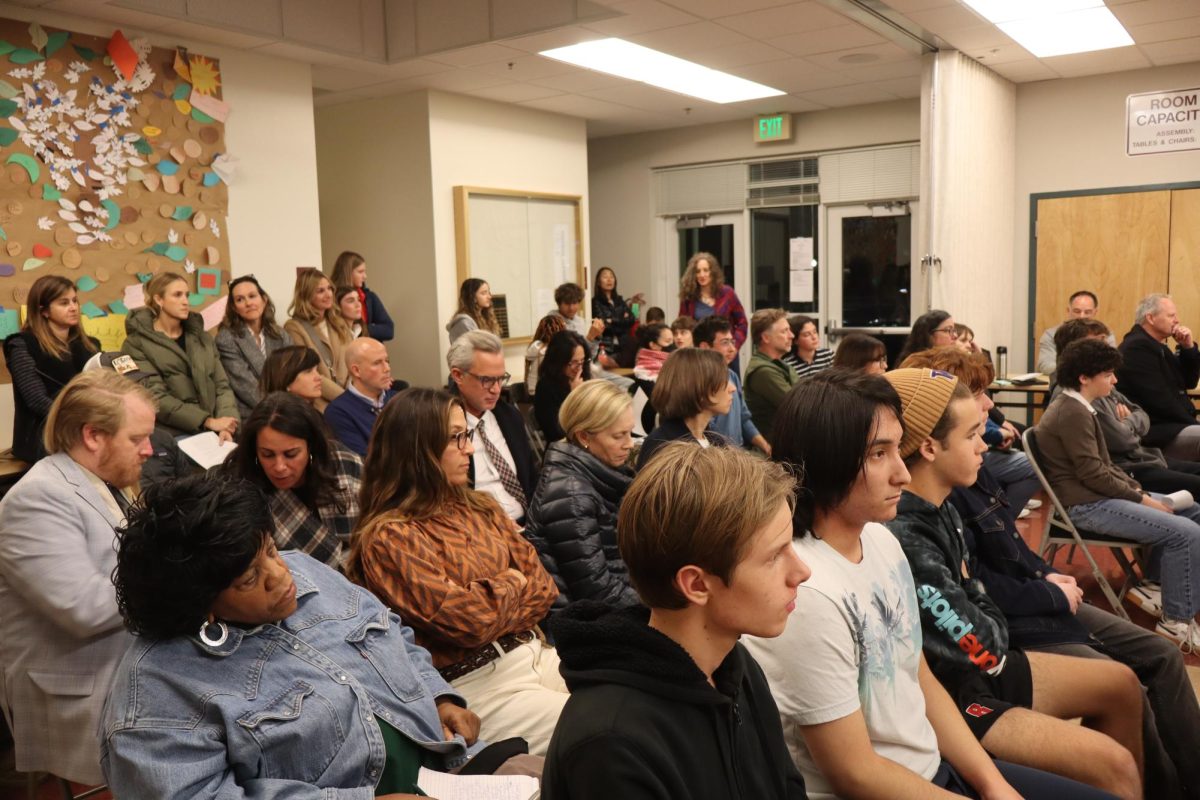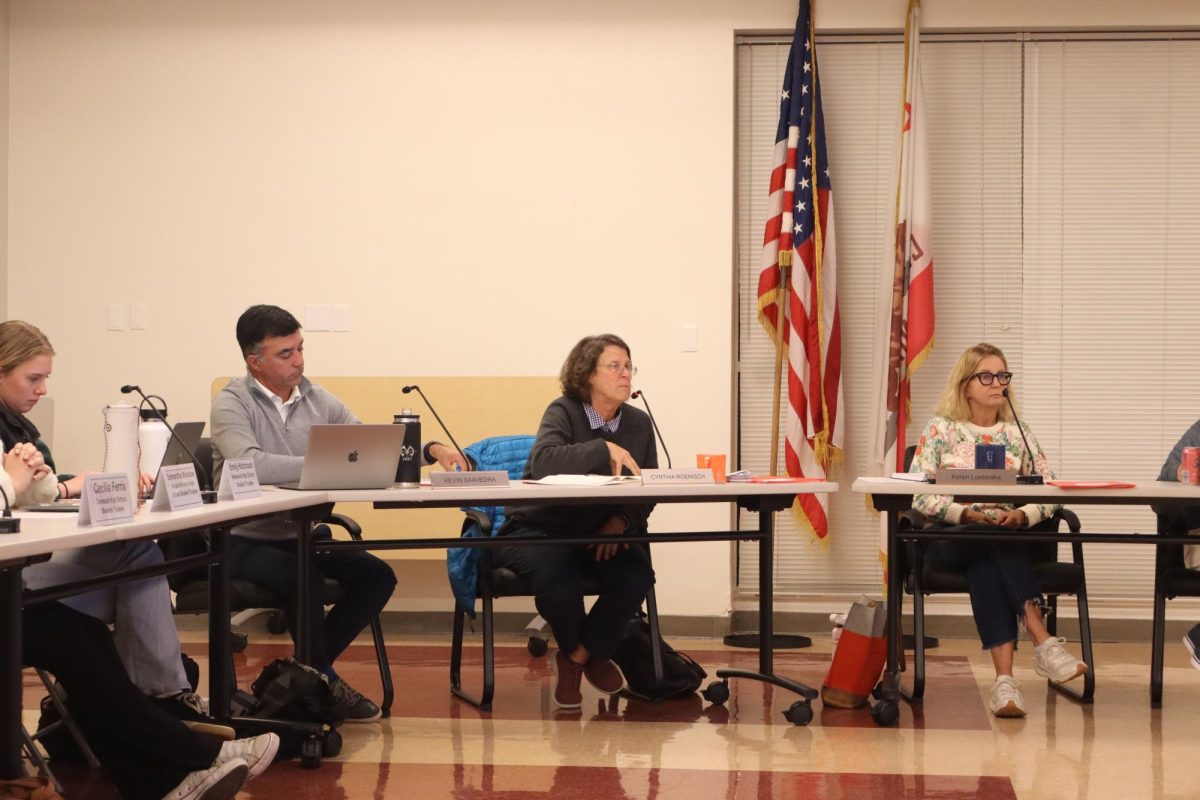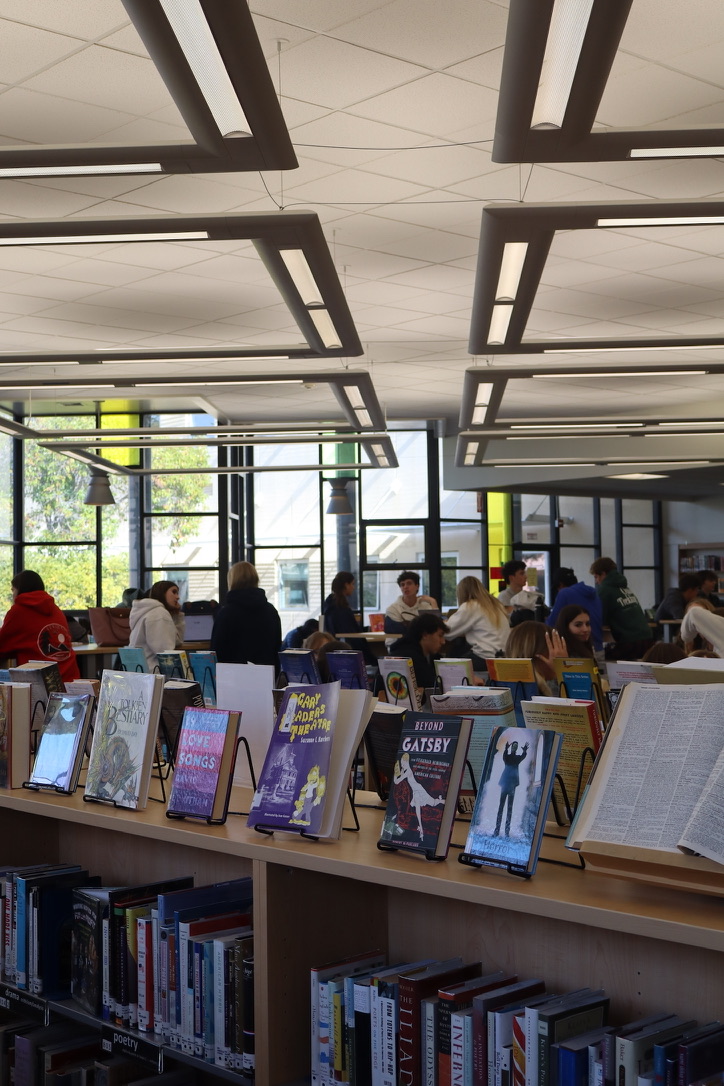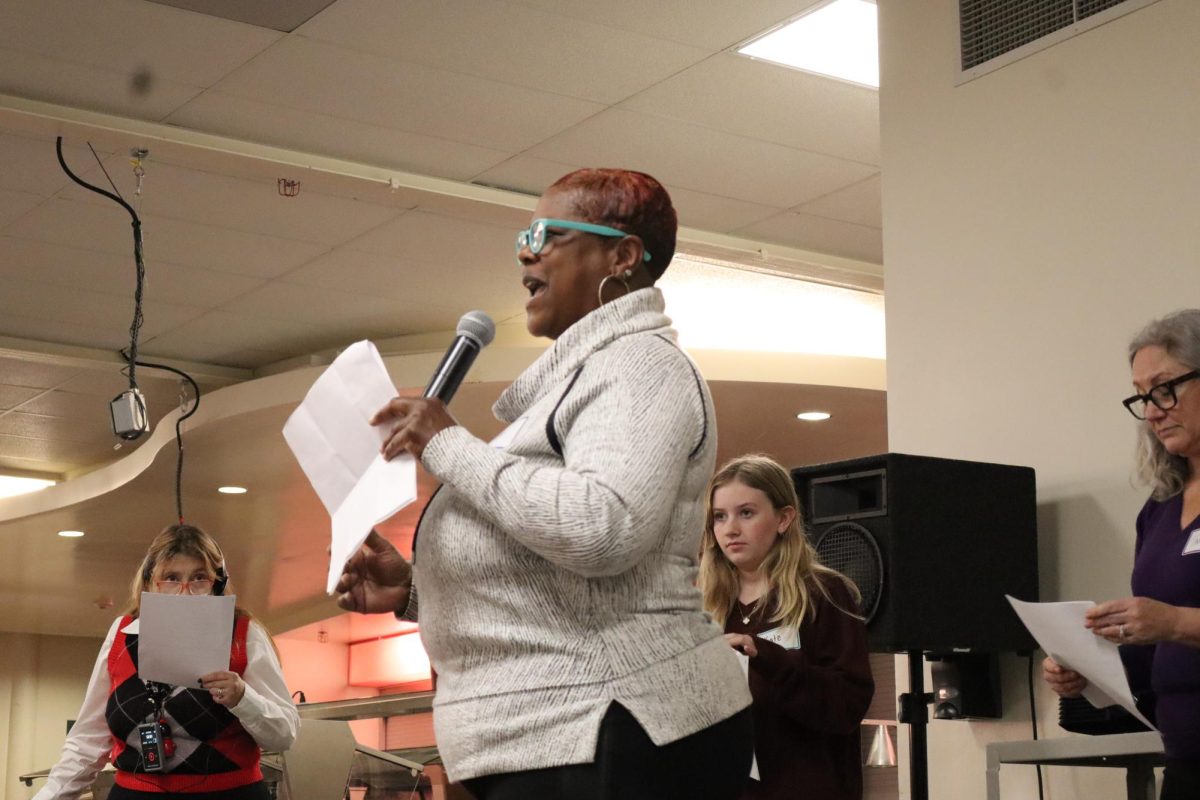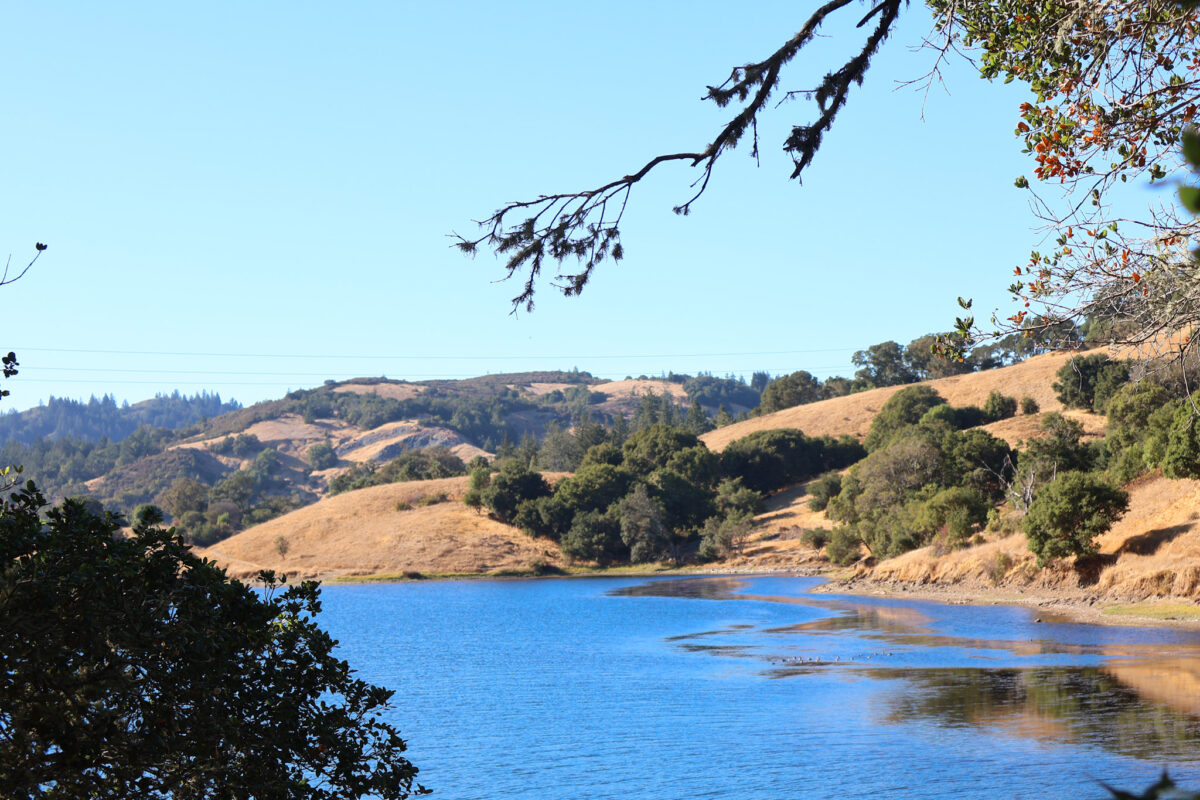Bringing clean energy to campus just got a little easier.
The Renewable Energy Club received a $1,000 grant from Disney Friends For Change and Youth Service America (YSA) on March 13 for an upcoming project that involves creating biodiesel from waste products.

Disney and YSA offered up to $1,000 to groups of active, motivated students who were willing to help their community, according to club president Neeka Mashouf.
“We thought that this was the perfect opportunity to get the word out and also make some money for our club so we can continue the project,” Mashouf said.
Mashouf said that the club plans to put the grant money towards a project that involves converting used cooking oil from local restaurants such as Super Duper Burger in Mill Valley into biodiesel, a renewable fuel that eliminates sulfur emissions and reduces carbon monoxide and hydrocarbon emissions.
“The process requires a lot of things like hot plates and certain chemicals and catalysts that are kind of expensive,” Mashouf said.
The club, which was started in the fall semester of this year, has performed small-scale experiments that relate to renewable energy such as cooking in a homemade solar oven and creating toy cars that run on air.
“I felt that our club was able to do more challenging things than the little toy cars and the solar oven that melted chocolate,” Mashouf said. “I thought that we could do bigger things.”
So she applied for the grant. Mashouf said that the club sent in an application in early February with high hopes.
“We wanted to show how advanced our project is,” Mashouf said. “We told [Disney and YSA] that through these chemical processes we were able to create this waste product into this thing that can be used as a fuel that’s renewable and good for the environment. I thought that they would like it.”
And they did. According to Mashouf, Disney and YSA told the club that their project was one of the best projects they had ever seen.
Treasurer Rachael Thorson said she and the club signed a contract with Disney and YSA when the club received the grant, agreeing to involve members of the community and participate in Youth Service America’s national media and public awareness campaigns.
According to Thorson, the club would not have been able to carry out the project without the grant because limitations on chemistry lab availability interfered with the time-consuming process. By purchasing supplies with the grant, the club members will be able to do the experiment to its fullest extent in a different location on their own time.
“The money is going to allow us to do as much as we can with our project and other possible projects in the future,” Thorson said. “Even if we don’t use all the money this year, we can use it next year and in future years.”
Mashouf said that she hopes to use the biodiesel created in the project to power the school golf carts in attempts to promote clean energy at school.
In addition to the fuel, Mashouf said that a byproduct of the biodiesel production is glycerin, the main ingredient in moisturizers and soaps.
According to Mashouf, the club plans on hosting an event for elementary school students to teach them how to create homemade soap using the byproduct. Mashouf said that this is the club’s way of following the contract by getting other community members involved.
“We said that our project will have a huge impact on our community because of how important renewable energy is to our society at this point,” Mashouf said. “It would also show how even young kids like us can be a part of the community and progress this idea of being renewable and green, even in this complex and scientific way.”

